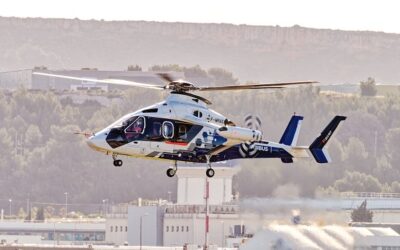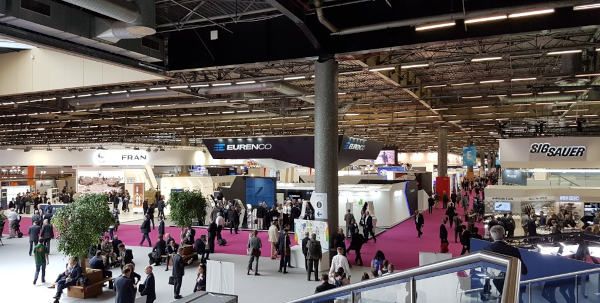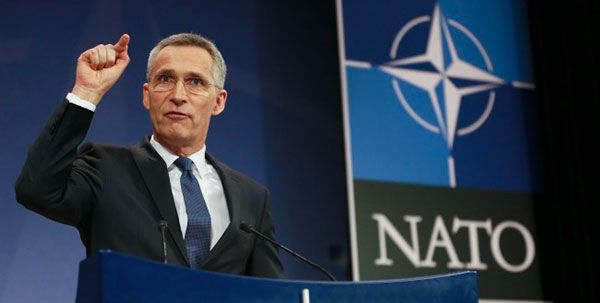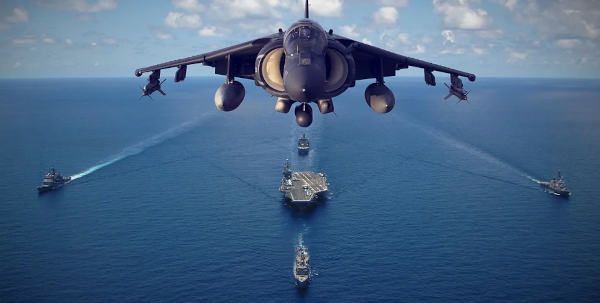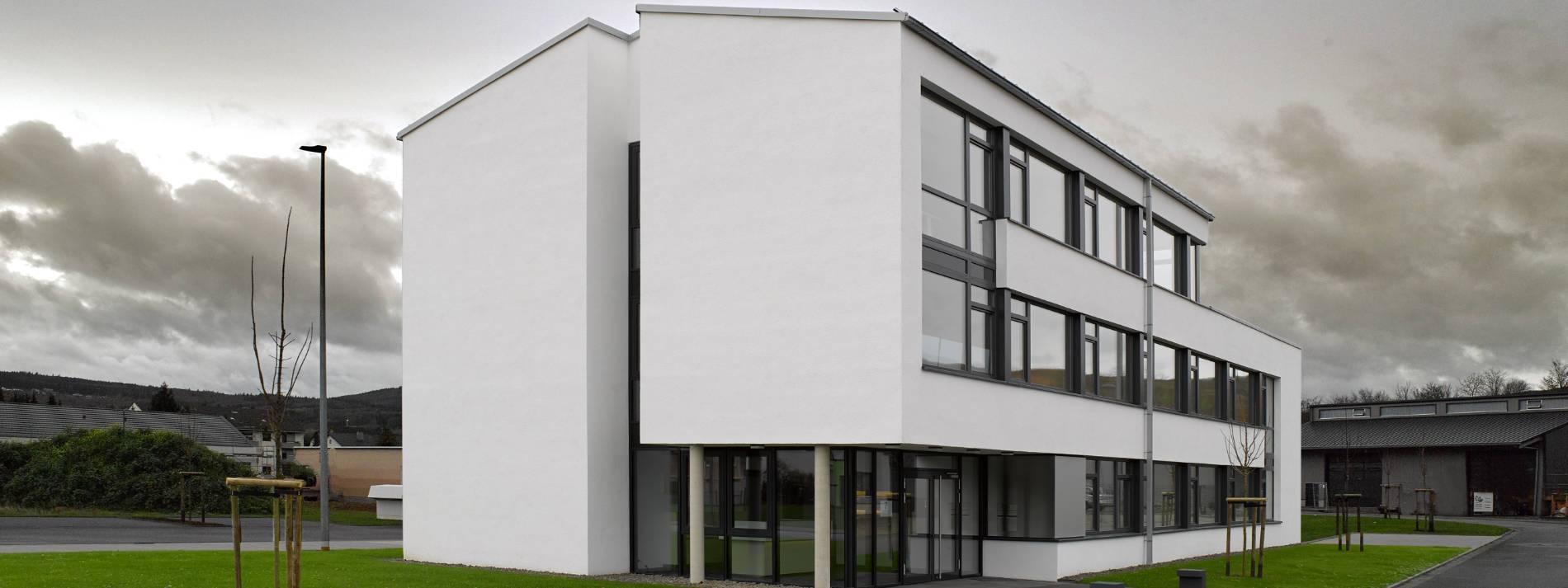Aviation Supply Chain Specialist Doubling in Size
Some companies are satisfied with maintaining their established position in their chosen markets. Others strive to improve and enhance their positions, espousing ambitions to be as respected (and as successful) as their larger competitors and punching well above their apparent weight. Taking a chalet as well as an exhibit booth at FIDAE 2018 last week was Defense Technology Equipment (DTE), a company that definitely fits the latter category, as Santiago Rivas reports for MONCh from Santiago de Chile.
The only ‘small company’ at the show with a hospitality chalet, DTE took this course in order to radically change its image, according to company President Frank Benzaria. Established almost 30 years ago and with a current staff of 35 in its Sterling, VA headquarters (and offices in France, Morocco, Colombia and – soon – Chile), DTE expects to double its size within five years and triple it within ten. It is aiming for a significantly larger presence in Latin America – working the region with its own people in-country rather than through agents – and to achieve this by offering innovative logistic solutions its competitors ignore.
Being a small company doesn’t DTE. “We don’t worry about competing with the big ones, there’s a niche for all of us and we must find ours. We can adapt to the customer and the product, because we work with many suppliers,” Benzaria told MONCh.
The company offers a comprehensive logistics chain, able to react very quickly to provide customers with the spare parts and components they need and to reduce equipment downtime. They concentrate on the distribution lines of companies interested in bringing solutions to the Latin American market, not only for product, but also for aftermarket issues. “When we talk about components, we are interested in the integrity, that the contracts are accomplished as they should be, because lives depend on that”, commented the company’s Senior Vice President, Maria Badillo.
“We prefer to take our time to improve the relationship with the customer”, commented Benzaria. He sees a significant problem in the region is the lack of planning. “The faster you need a spare, the more expensive it will be,” he declared; when components are needed urgently because their possible need wasn’t planned, prices increase, so having a proper plan and stocks in place are it’s fundamental to reducing costs.


